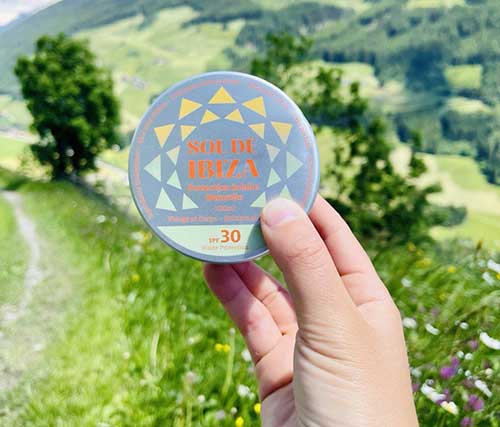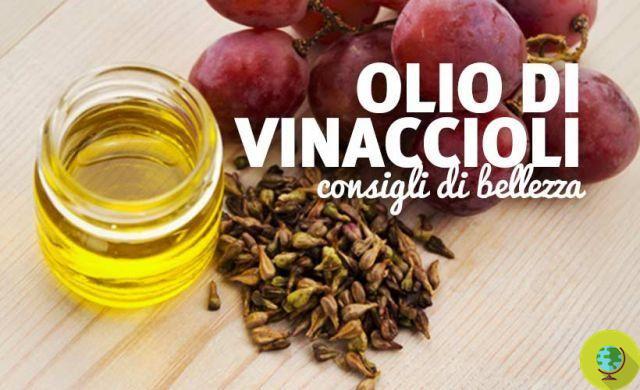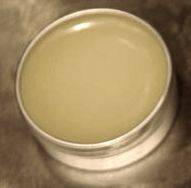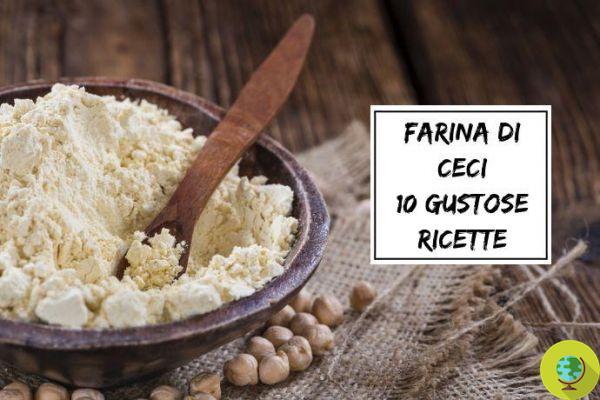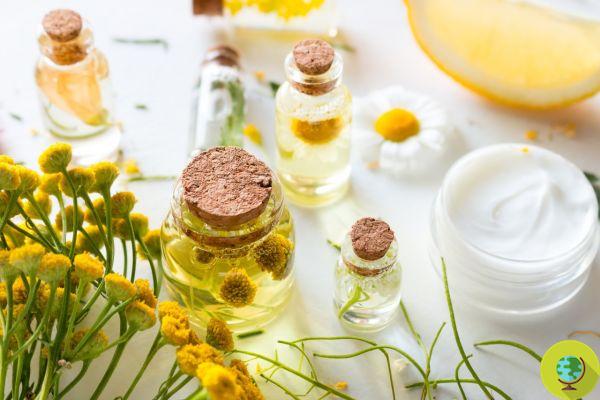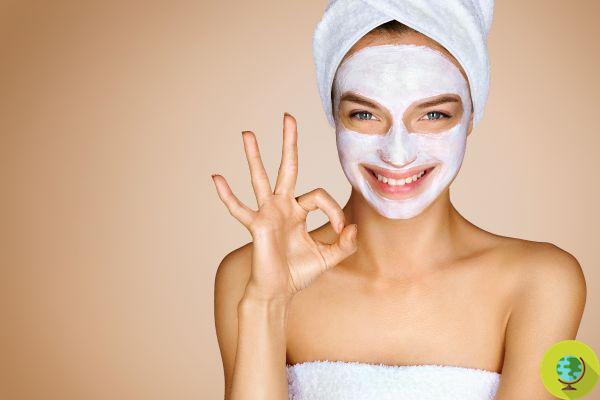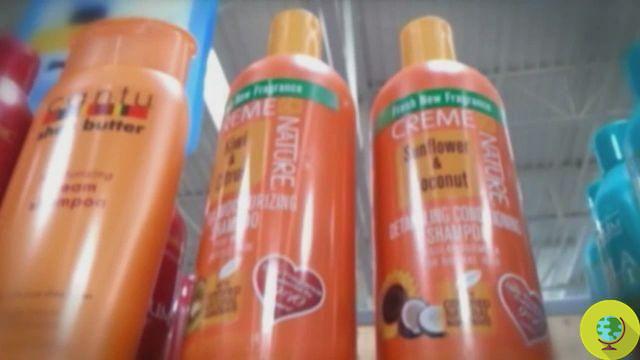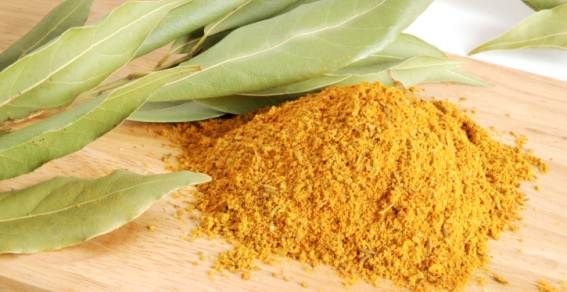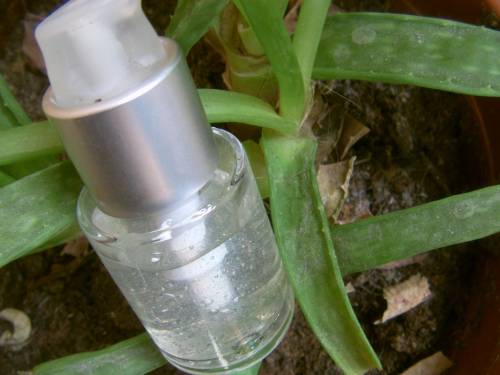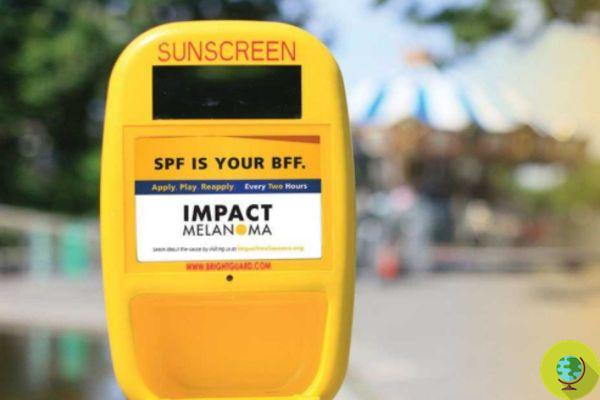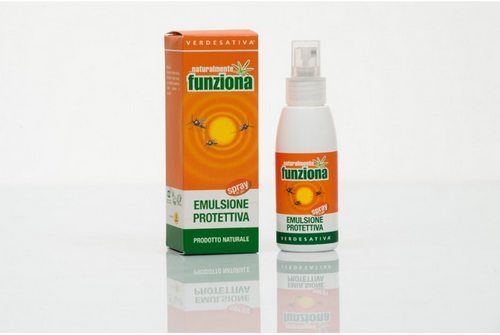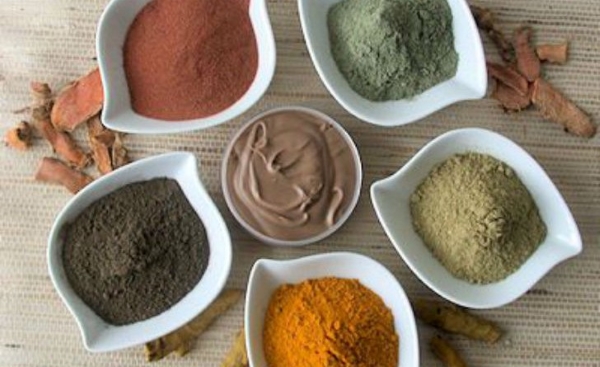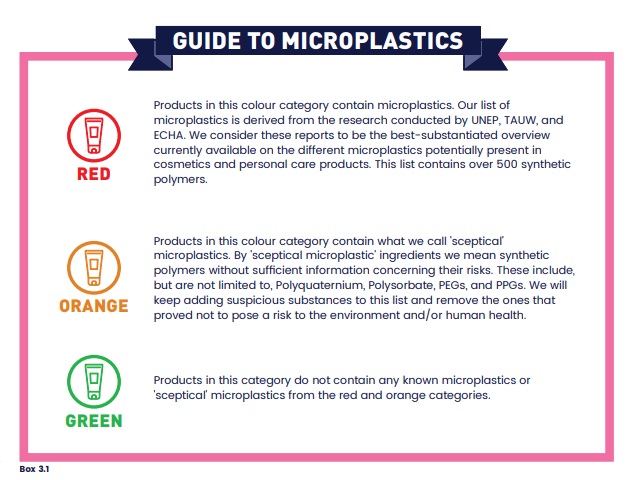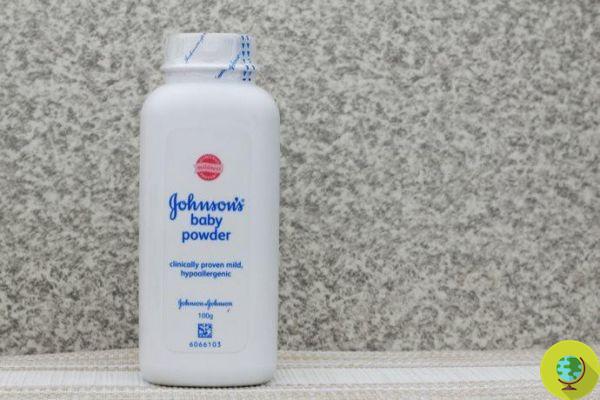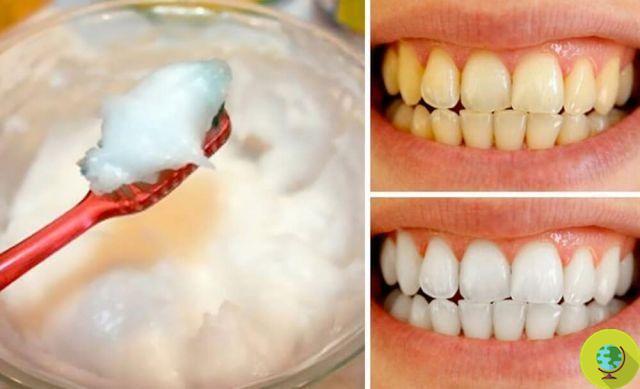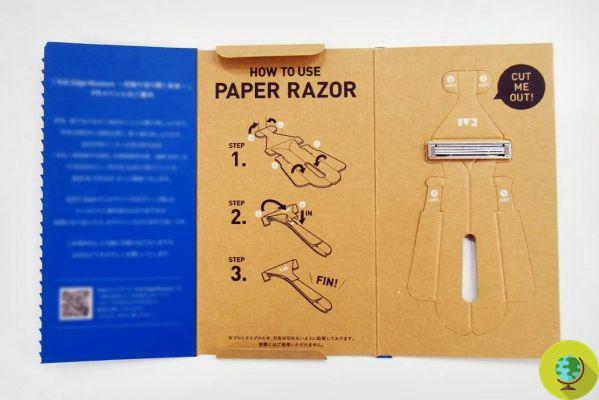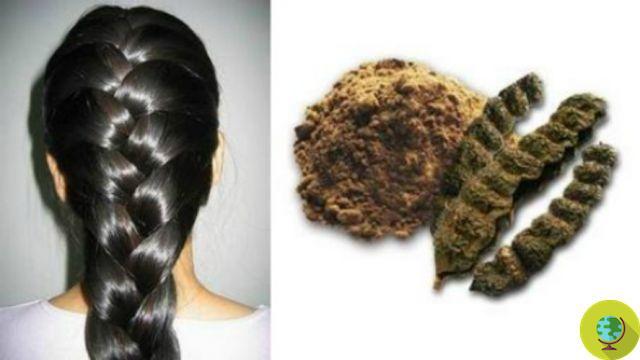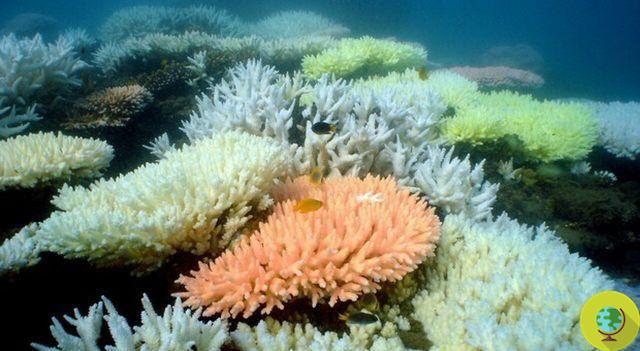
The Thai government bans sunscreen to protect the fragile coral reef. High fines for offenders
The Thai government bans sunscreen to protect the fragile coral reef. Heavy fines for offenders, which can go up to 2.100 pounds.
La Thailand it is famous all over the world for its marvelous beaches of white sand, for the crystalline waters of its sea and for the splendid and fragile coral reef. A real natural paradise, which attracts tourists from all over the planet every year. Massive tourism is a godsend for the country, which thanks to tourists supports its economy. However, it also represents a dangerous source of destruction for the delicate ecosystem, so far not adequately protected. In particular, the presence of bathers on the beaches severely pollutes the sea water and causes damage to the coral reef. How? Through the reckless use of sun creams and lotions.
In fact, it emerged that many protections from the sun's rays contain harmful substances for corals, which damage them seriously. That is why the Thai government, in an effort to protect nature, has decided to ban these cosmetic products containing harmful chemicals in marine parks. There are four, in particular, the harmful substances used in the production of solar products which - according to the observations of the experts of the Thai Department of National Parks, Wildlife and Plant Conservation - they kill the coral larvae, block their reproduction and cause the 'bleaching' of the reef.
The main chemical culprits are theossibenzone andoctinoxate, which convert UV rays that cause sunburn into harmless heat on human skin. By bathing in the sea, the substances spread on our skin end up in the water, decreasing the coral's defenses against bleaching, damaging their DNA and their development. This damage, together with the effects of other factors such as ocean acidification, water pollution, rising sea temperatures, are destroying the fragile corals. A very small amount of these substances in the water is enough to cause enormous damage: according to a study, that oxybenzone begins to cause serious damage to corals at concentrations equal to the equivalent of a drop of water dissolved in six Olympic-sized swimming pools! (Read alsoOxybenzone-free sunscreens: the best protections with mineral filters and good Inci)
The idea of the Thai government is not unique. Already the island of Palau (in the Pacific Ocean) and the archipelago of the Hawaiian Islands have imposed a similar ban on their tourists. The fine for offenders is very high: 100.000 Baht (corresponding to approximately 2.100 pounds). (Also Read: Sunscreens: Not Just Oxybenzone, Hawaii Is Banning Products With These Two Dangerous Ingredients)
While we're not lucky enough to be on a Thai beach this summer, we can still make our contribution to safeguarding the marine ecosystem by making a few simple choices:
- Learn about the chemical elements present in the sun creams we use and the damage they can do to the environment
- Choose mineral sunscreens, especially lotions containing non-nano zinc dioxide as the main active ingredient.
- Avoid spray sunscreens: much of what is sprayed leaves a residue on the sand which is then washed by the motion of the waves. Your lungs will also be healthier, as aerosol sunscreens are easily inhaled.
- Avoid exposing yourself to the sun during the hottest hours of the day: in this way you will naturally (and better) protect the skin from the action of UV rays, without using too many chemicals; Wearing a light-colored T-shirt or hat can also help protect us from the sun naturally.
Coral reefs have existed for more than 400 million years, adapting to the thousands of changes that have taken place on our planet. But now climate change is imposing too fast and too fast a pace for ecosystems to cope with: the oceans are warming at an astonishing rate, absorbing more than 90% of the heat trapped in the atmosphere - too much for sea dwellers to adapt without. consequences. Again, as always, we can make a difference and choose to protect this beauty miracle.
Follow us on Telegram | Instagram | Facebook | TikTok | Youtube
Fonti: BBC / Ocean Conservancy
We also recommend:
- Sun creams: these dangerous chemicals can stay in the blood for up to 24 hours (LIST)
- Sun creams: can you use last year's?
- Sun creams: they do not protect the marine ecosystem as they promise. Among the worst of the French Nivea test)
- The Great Barrier is undergoing the worst of coral bleaching. This is the third time in 5 years
- The Great Barrier Reef has lost more than 50% of its corals due to climate change
- WWF warning: the Triangle of endangered corals




